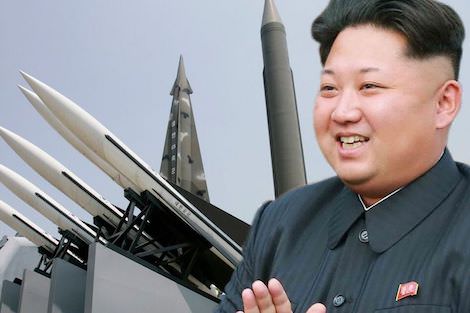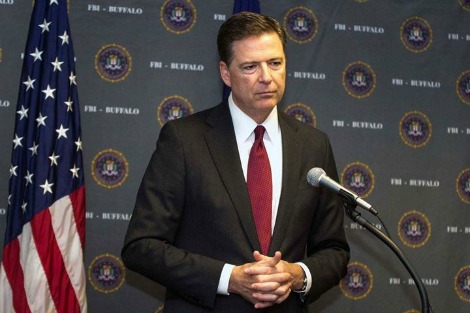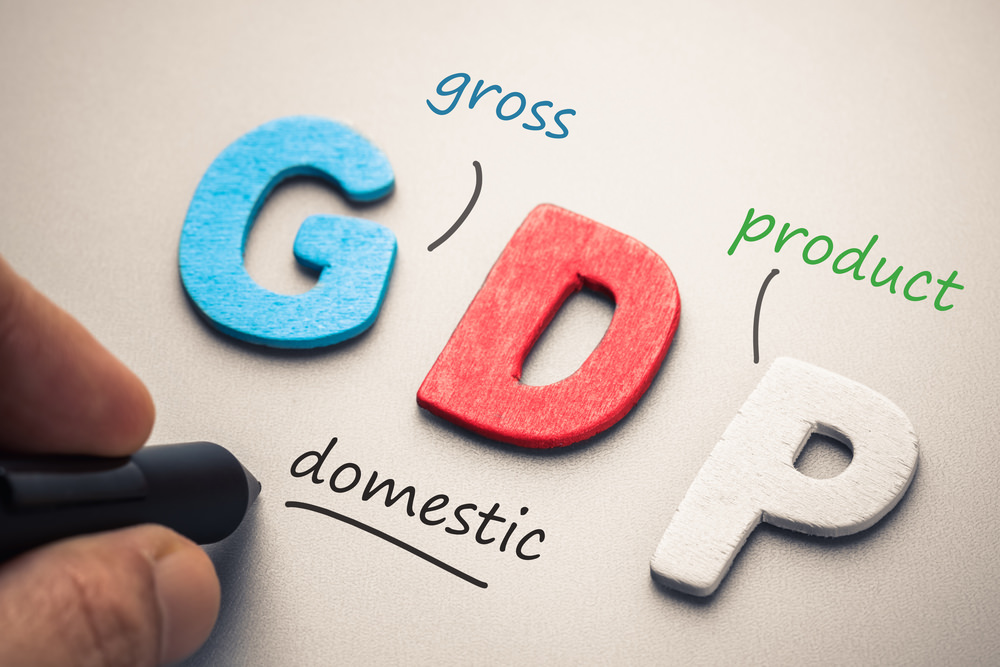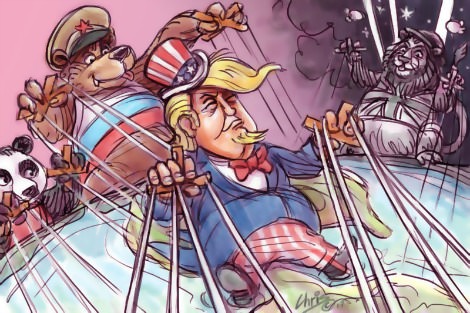Keywords: Russia
There are more than 200 results, only the first 200 are displayed here.
-

INTERNATIONAL
- Justin Glyn
- 15 August 2017
12 Comments
The ongoing talk of war with North Korea and the threat of nuclear weapons has everybody dusting off their copies of Dr Strangelove and rewatching that classic black farce of innuendo, misunderstanding and paranoia in an age of Mutually Assured Destruction.
READ MORE 
-

INTERNATIONAL
- Todor Shindarov
- 07 August 2017
4 Comments
Today’s highly technological era amazes us with possibilities for human growth and innovation, but in our amazement we often forget to tackle various pitfalls. Arguably, the biggest risk is the emerging military technology, about which there are many unanswered questions. We are faced with many uncertainties: security risks due to loss of competitiveness, potential control over advanced weapons by terrorists and, most importantly, reduced comprehension by the wider society—let alone any participation in the decision making process, as the frenzied pace of technological development increases.
READ MORE 
-

ARTS AND CULTURE
- Haley Joray Arnold and Cassandra Golds
- 01 August 2017
2 Comments
You used to have feet like a Russian ballerina/Arches (like ones plebeians would stand under, lose their breath for a moment)/The weight they carry remarkable for the/Tiny bones inside ... Despair stalks the house/Outside, like weather/Inside, like air/It has no form ...
READ MORE 
-

ARTS AND CULTURE
- Tim Kroenert
- 21 June 2017
2 Comments
Catherine arrives a new bride, with husband Alexander, to take up residence in his luxurious rural home. Quickly we get a sense of how little control she has over her destiny. Alexander demands she remain inside the house at all times; when one evening she wishes to go to bed early, her father-in-law orders her to remain awake for her husband. In the life of the household, she is merely an attractive object. Yet like her Shakespearean forebear, she is not averse to manipulation and violence in pursuit of her goals.
READ MORE 
-

ARTS AND CULTURE
'Faith is 24 hours of doubt and one minute of hope,' says one of the nuns at a 1945 Polish convent. Soon Red Cross doctor and avowed atheist Mathilde learns the details of the predicament: of the terror wrought at the convent by Russian soldiers at the end of the war. Over the coming weeks, she oversees the health of those who fell pregnant during the intrusion. Gradually she wins their trust and, in the process, has her mind opened to a brand of faith that, in such circumstances, can be anything but blind.
READ MORE 
-

AUSTRALIA
- Fatima Measham
- 11 May 2017
5 Comments
References to Watergate are flying thick and fast - again. Earlier this week, Donald Trump abruptly dismissed FBI director James Comey in the middle of a probe into Russian interference in the 2016 elections. It is difficult to overstate how bad this move is, and how much it has rattled political and bureaucratic firmaments. There are differences, however, between then and now. Trump is not Nixon, for one thing. Perhaps we can be thankful for that, in that infantile impetuosity is not paired with a much more cunning mind.
READ MORE 
-

ECONOMICS
Fake news aside, increasingly, we live in a world of fake figures. There is a cliche in management that 'what gets measured gets done'. In public discourse that might be translated to 'what gets measured is considered real'. One obvious fake figure is GDP, which is taken as a measure of national wellbeing. In fact, it is just a measure of transactions. If money changes hands because something disastrous happens then GDP will rise. That is hardly an indicator of national wellbeing.
READ MORE 
-

INTERNATIONAL
- Justin Glyn
- 07 April 2017
13 Comments
The pictures coming out of Khan Sheikhoun are horrific. Children foaming at the mouth, some with terrible head wounds. No wonder the reaction of the world has been outrage. 'Assad must go' has been revived as a catchphrase in the West. We are right to be appalled. Yet several features about the reported sarin attack in Syria's Idlib Governorate should give pause in the current rush to judgment. Firstly, while you wouldn't know it from much of the media, the facts themselves are contested.
READ MORE 
-

PODCAST
In this episode, we try to take a knife through Donald Trump's entanglements with Russia. We also discuss coalcare, which is like government insurance for terminal fossil fuel industries. We finish with a quick note on a couple of films that have not been well-received.
READ MORE
-

INTERNATIONAL
- Binoy Kampmark
- 10 March 2017
4 Comments
Each day is met by the same reports: electoral interference has supposedly taken place, instigated by Russian, or at the very least outsourced Russian entities, in the elections of Europe and the United States. Such claims assert, not merely the reality of these claims, but the nature of their influence. Such a stance detracts from one fundamental point: that the manipulation of electoral systems has been, and remains, common fare, irrespective of the finger pointing at Moscow.
READ MORE 
-

CARTOON
- Fiona Katauskas
- 07 March 2017
This week's offering from Eureka Street's award winning political cartoonist.
READ MORE 
-

INTERNATIONAL
- Brigitte Dwyer
- 24 February 2017
6 Comments
To many in the West, we are living in a time of despair, an era of nihilism and meaninglessness, signified by growing violence, environment degradation and, most importantly, political chaos. This combination of events, and the sense of hopelessness that accompanies them, can easily be seen as markers of doom, a sign that the era of Western culture is in terminal decline. But it's also possible to interpret them as indicators of the malaise that marks the very peak of life.
READ MORE 